Table of Contents
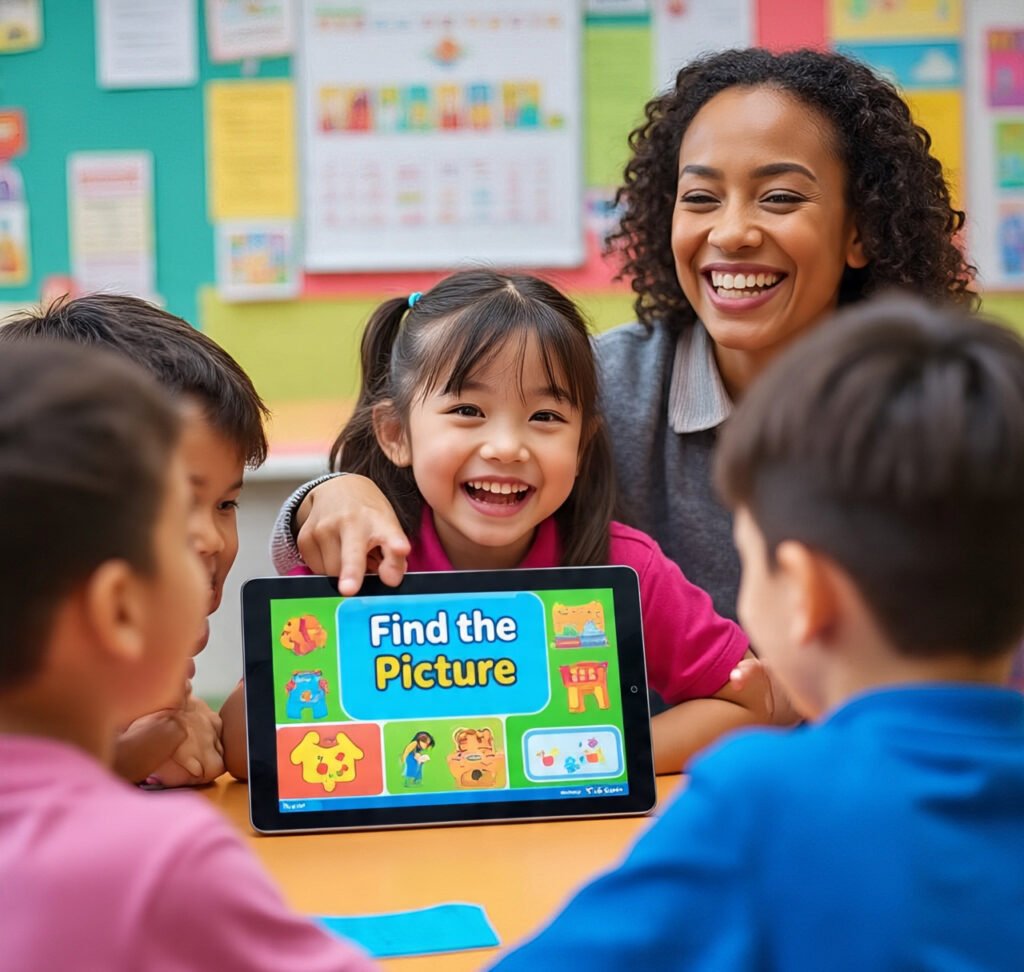
These days, keeping students healthy in the school’s digital environment is both an obligation and a need. Educators and parents are noticing the effects of unmoderated screen time through distracted students, increased attention deficits, and growing screen addictions. This is precisely where Focus Fun, an engaging educational app, comes to the rescue. It not only assists the kids when they play, but acts like a true classroom hero who turns screen time into a chance for growth, curiosity, and wellness.
👩🏫 A Day in Class: Where It All Began
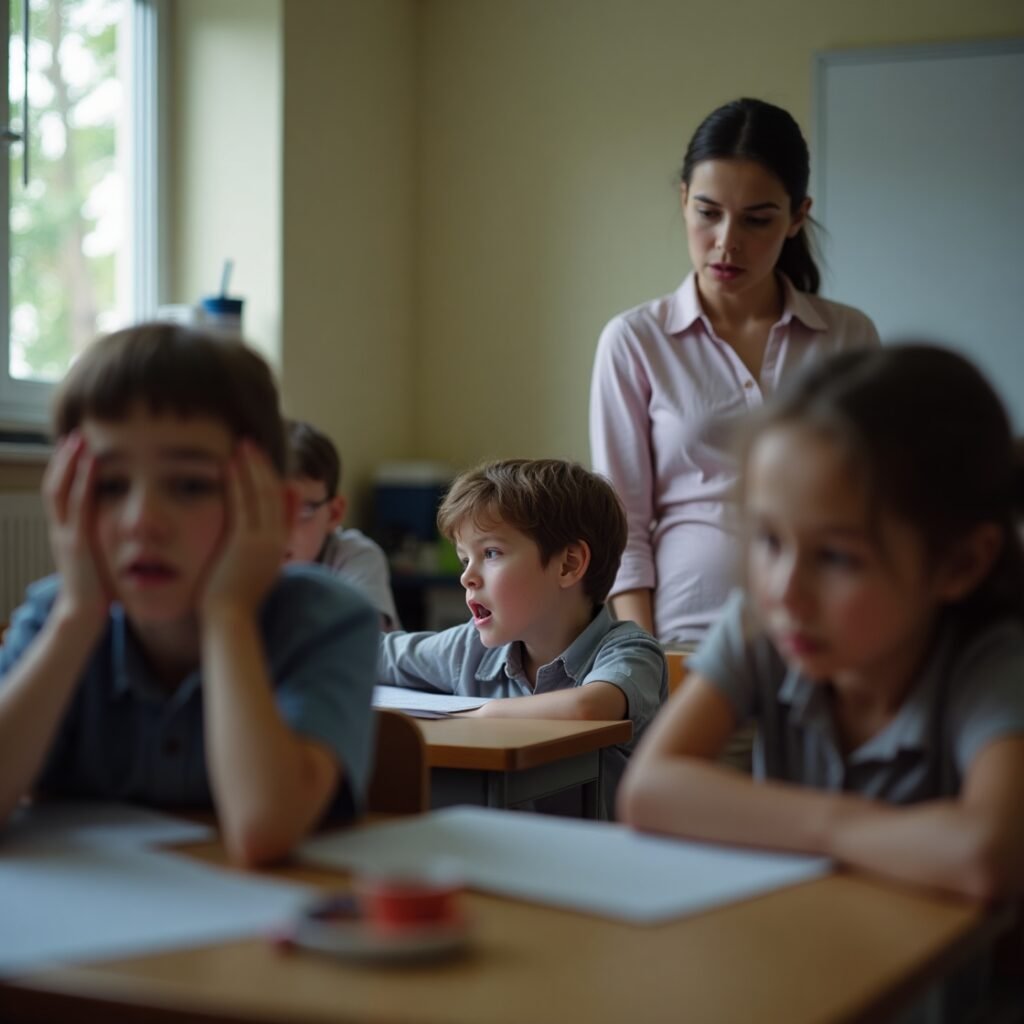
Just like any other day in Class 2, the session started with a simple routine. In Sunshine Elementary, Mrs. Kapoor, the passionate teacher, saw something disheartening—almost half of her students were unable to pay attention to a basic sentence for over thirty seconds. The moment they opened their workbooks, their eyes were lost to a different world. And when they were asked to solve a simple math problem, many tried to ‘scroll’ the answer as if it was on an imaginary page.
She sighed. “Their attention isn’t the same,” she told the school counselor. “They’re used to flashy screens… and instant gratification.”
That evening, she found an advertisement for an app, Focus Fun, that described itself as “fun learning for growing minds.” It claimed to balance screen time with cognitive development through games like Find the Picture, Tap on Colour, and Math Quiz. Because it had such a ridiculous premise, she downloaded it.
The outcome was nothing short of remarkable.
📱 From Screen Struggle to Screen Solution
The following week, Mrs. Kapoor decided to use Focus Fun as part of the learning lab, and to my surprise, she said we would learn by gamifying education. Her students seemed overly excited.
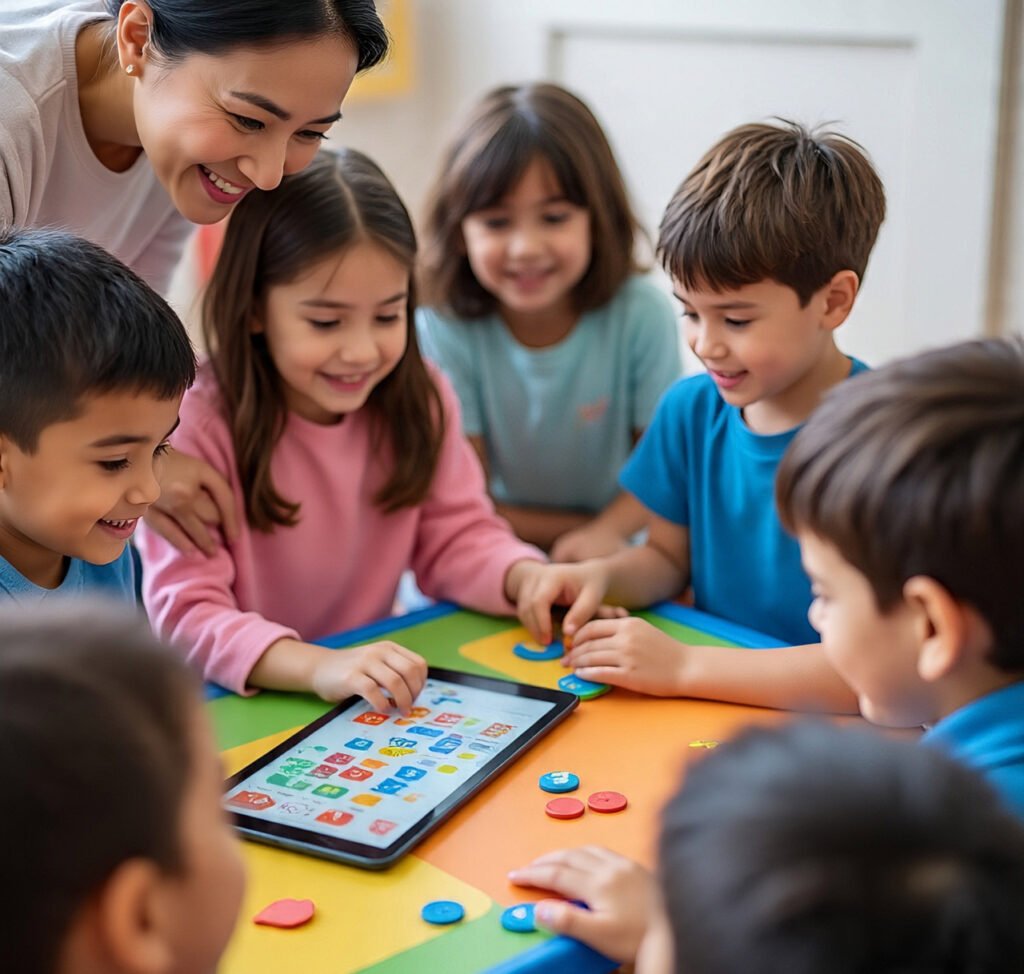
But this was not just a mindless game. Unlike what the students expected, it was mathematics sprinkled with joy, memory-boosting puzzles, and visual concentration challenges.
And to the greatest surprise, students were requesting for more challenges.
Instead of aimless button mashing on mind-numbing flashy content, students were completely immersed in problem solving, overcoming challenges, and celebrating mini victories.
🌿 What Is Digital Wellness in Schools, Really?
Let’s define digital wellness in schools before going further.
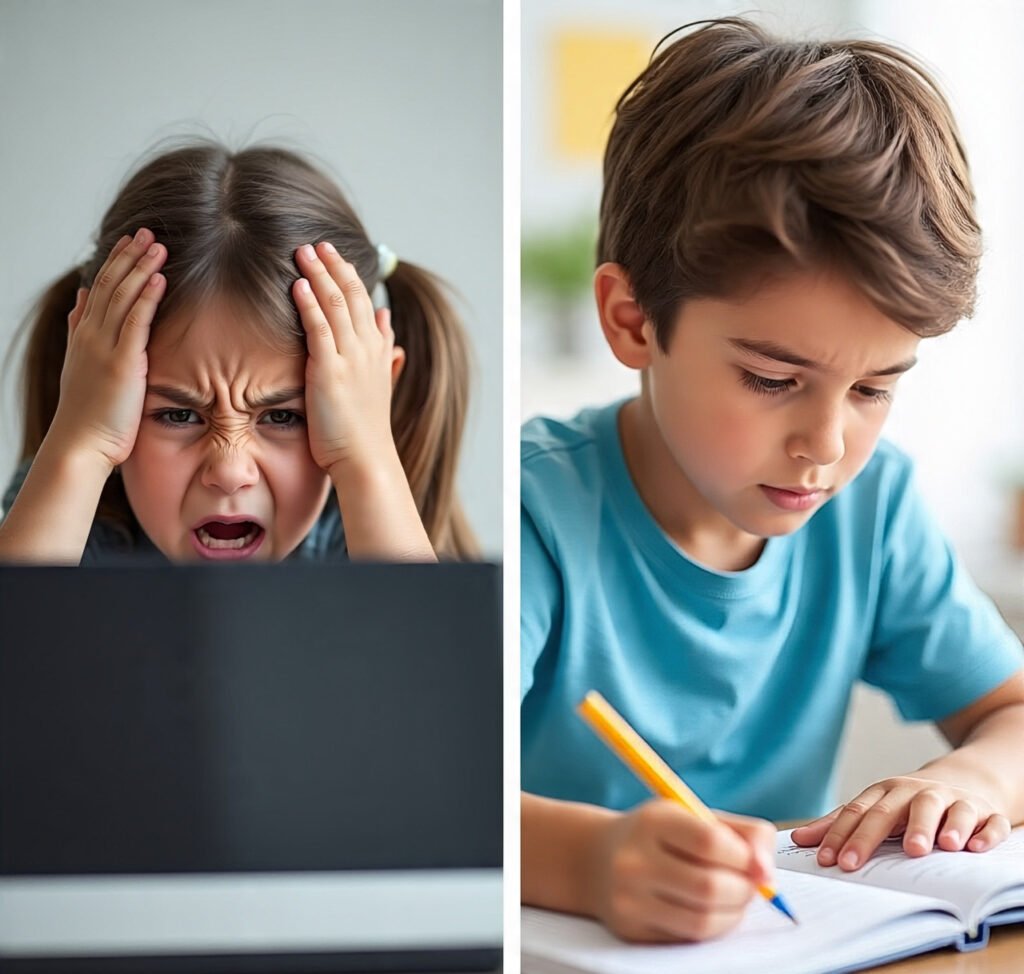
That means building healthy technology habits for students, teaching them to use technology in a way that improves their learning instead of sidetracking it. This involves:
- Screen mindfulness
- Less digital devices in classrooms
- Growing tech education and less tech entertainment
- Balance and emotional regulation
And most importantly, habit formation is a joint effort among teachers, parents, and students.
🚀 Why Focus Fun Works: The Science + the Spark
Focus Fun isn’t just vibrant buttons strewn across a screen. It’s backed with proven research, appropriately designed for the age group, and aligns with school curricular goals. making it a perfect fit for promoting digital wellness in schools.
Here’s what makes it different:
- 🎯 Short, Engaging Sessions
Each game is made to be enjoyed in short bursts, making them ideal for classroom usage.
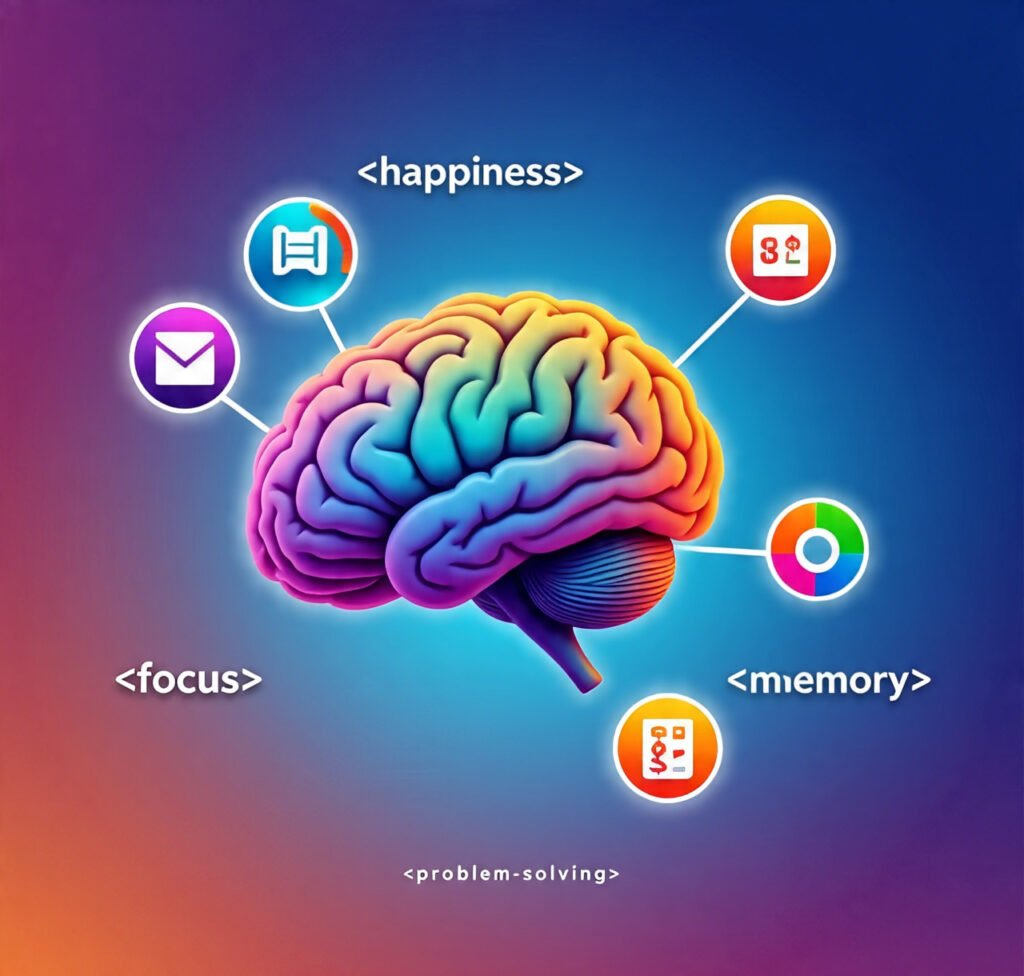
- 🧠 Cognitive Skill Building
All activities are designed to enhance skills like memory, attention, logic, and problem-solving. Even simple games like matching numbers, spotting differences, and remembering picture sequences reinforce these skills.
- 🌈 Positive Screen Association
Focus Fun ensures kids do not associate screens with mindless entertainment or addictive behavior, and instead helps children view tablets as tools for learning, fun, and exploration.
- 🧑🏫 Teacher Friendly Design
With Focus Fun, teachers can easily use them:
- As a 5-minute warm-up
- As a reward system
- For group challenges
- Or during a digital wellness lesson
Focus Fun is designed to seamlessly integrate into the classroom.
🏫 School-Wide Impact: Focus Fun in Action

After two months of Focus Fun use, Mrs. Kapoor noticed:
- Completing tasks in less time
- Reduced fidgeting and frustration
- Increased participation in class
- Improved social interactions—kids were celebrating positive behaviors together!
She wasn’t alone. Other teachers at Sunshine Elementary started adopting Focus Fun. The school even incorporated it in their screen time policy, replacing mindless tablet games with purposeful educational activities.
👨👩👧👦 Parents Noticed Too
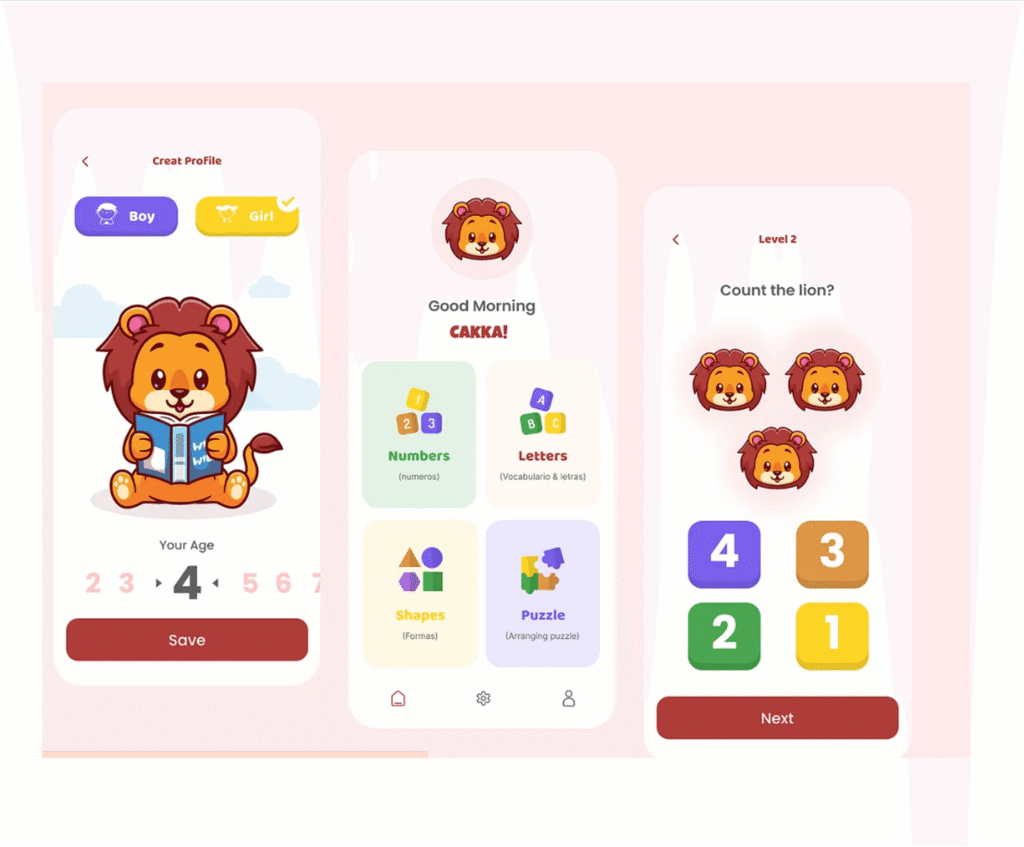
“I was concerned about Aarav’s screen time,” said one parent. “Now when he asks for the tablet, he demands, ‘I want to play the matching game!’” I checked—it was math!”
Focus Fun formed a bridge between home and school, transforming screen time battles into moments of connection.
🎯 Creating a School Policy That Works
One reason many schools face challenges with digital wellness is lack of organization. These schools sometimes allow devices freely, other times, devices are completely banned. Both of these do not teach the middle ground.
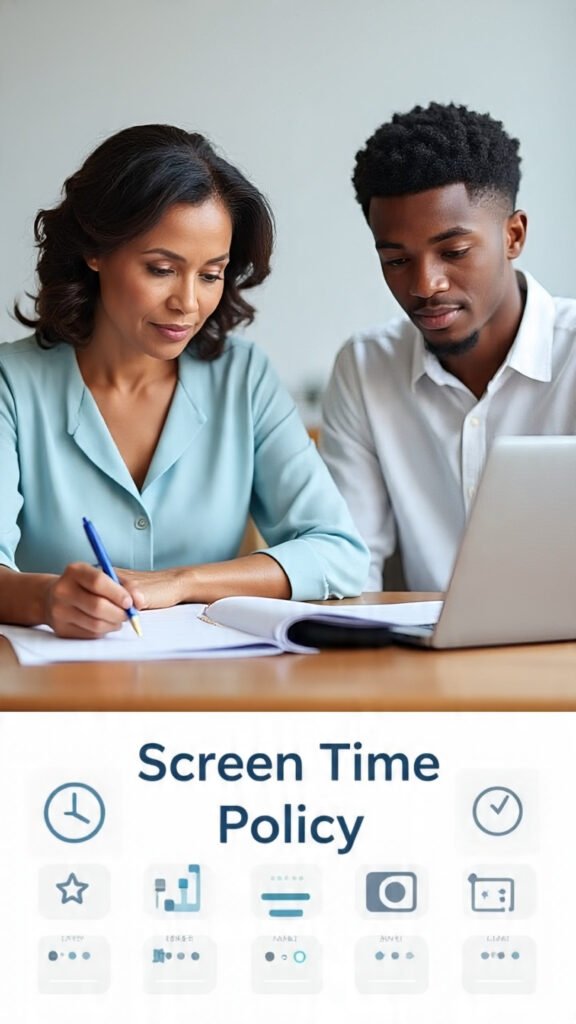
Here’s how Focus Fun aids in formulating a balanced screen-time policy for the school:
✅ Scheduled Use
Focus Fun can be incorporated during brief, set times like morning bell time or after lunch breaks.
✅ Learning Goals Attached
Each game targets specific skills which facilitates syncing with lesson plans or daily targets.
✅ Improvement Monitoring
Both teachers and parents are able to monitor improvement and understand where a child excels or requires assistance.
🧘 The Balance: Digital and Mindful
With Focus Fun, the intention behind the program is what makes it a hero in the digital wellness story. It does not oppose technology; rather, it reshapes it from distraction to direction.
Students still access screen time, but it is far more productive. They engage in learning, laughter, friendly competition, and personal development.
That’s digital wellness. That’s today’s classroom wonder.
💡 Tips for Schools Focus Fun Integration
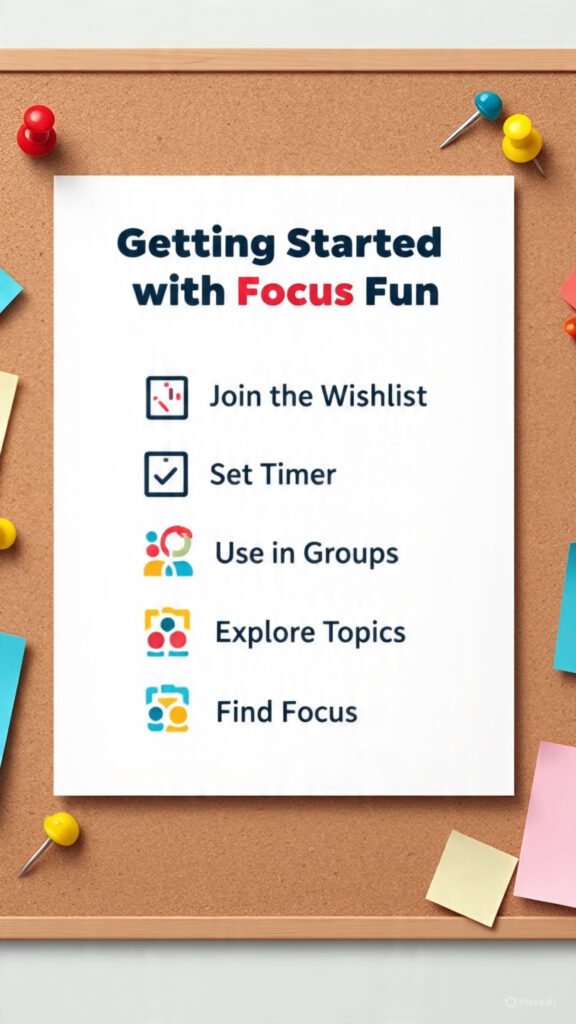
To all teachers and school administrators, let us focus fun into teaching your pupils with the following tips:
- Start Small
Try to implement it with a lesson on a single subject or in one class. Monitor student engagement. - Involve Parents
Have the app’s access during PTA meetings. Share login credentials or demo sessions for use at home. - Train Teachers
Design a lesson guide to encourage its use in class Focus Fun’s layout makes this simple. - Track and Celebrate
Allow students to track scores, set class records, and weekly rewards for focus champions.
🔚 The Ending That’s a Beginning
In Mrs. Kapoor’s class, the change didn’t come immediately, but it was tangible.
Kids nowadays can’t wait for Focus Fun time. They solve puzzles like detectives, do math like adventurers, and even tap colors like artists. What used to be a battle over screen time is now a daily celebration.
In a world that is too noisy and busy with screens, Focus Fun provides a balanced way to learn, filled with digital silence, joy, and harmony.
This, maybe, is what schools truly mean by digital wellness.
FAQs
1. Does parental control work with smartphone addiction?
→ It helps manage screen time at home but in classrooms, promoting digital wellness in schools requires tools like Focus Fun that encourage self-regulation and purposeful screen use during breaks or learning blocks.
2. How to break a child’s screen addiction?
→ The key lies in structured digital environments that support digital wellness in schools. Focus Fun allows teachers to incorporate screens in a healthy, skill-building way, turning addiction into active learning.
3. How to control kids’ mobile addiction?
→ By transforming screen time into skill time through digital wellness in schools. Focus Fun offers a safe, supervised platform that replaces passive scrolling with fun educational games.
4. How to tell if your child is addicted to technology?
→ If a child can’t focus without screens or becomes irritable when separated, it may signal poor digital wellness in schools and at home. Tools like Focus Fun provide schools a way to reintroduce screens with structure and intention.
5. Can screen addiction be cured?
→ Yes with consistent boundaries and by reinforcing positive tech habits. Promoting digital wellness in schools using solutions like Focus Fun helps build daily routines where screens empower learning, not distract from it.
